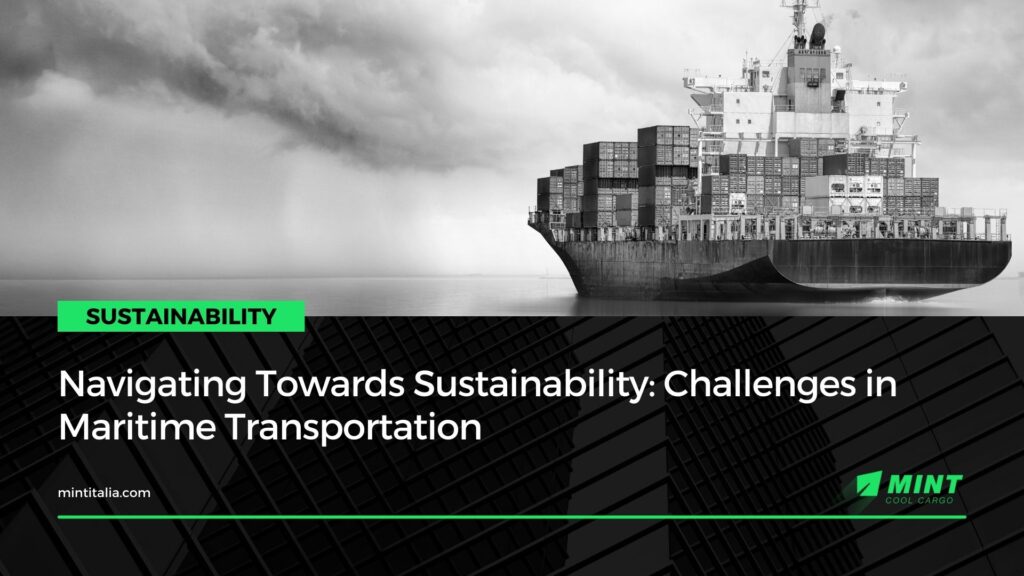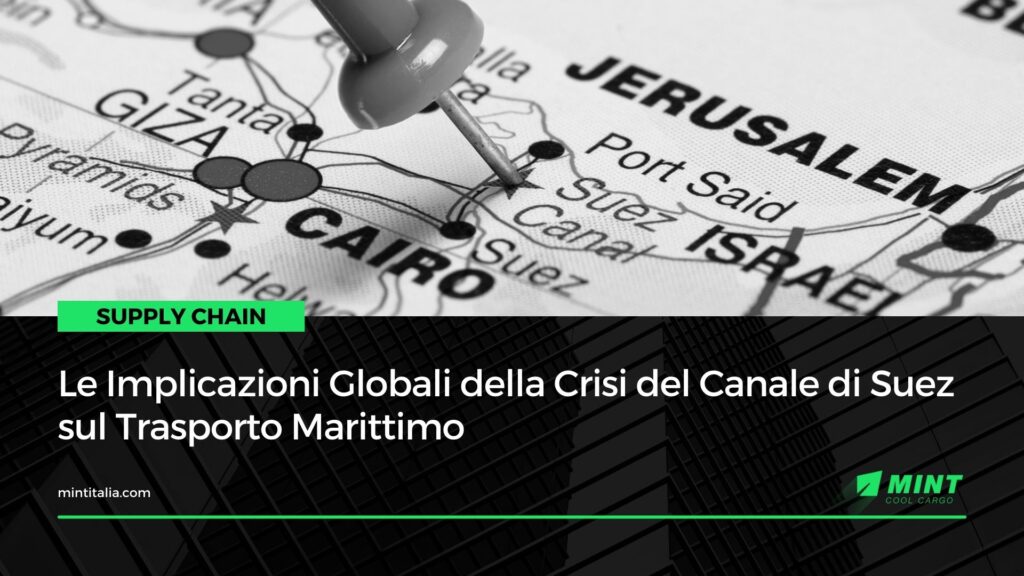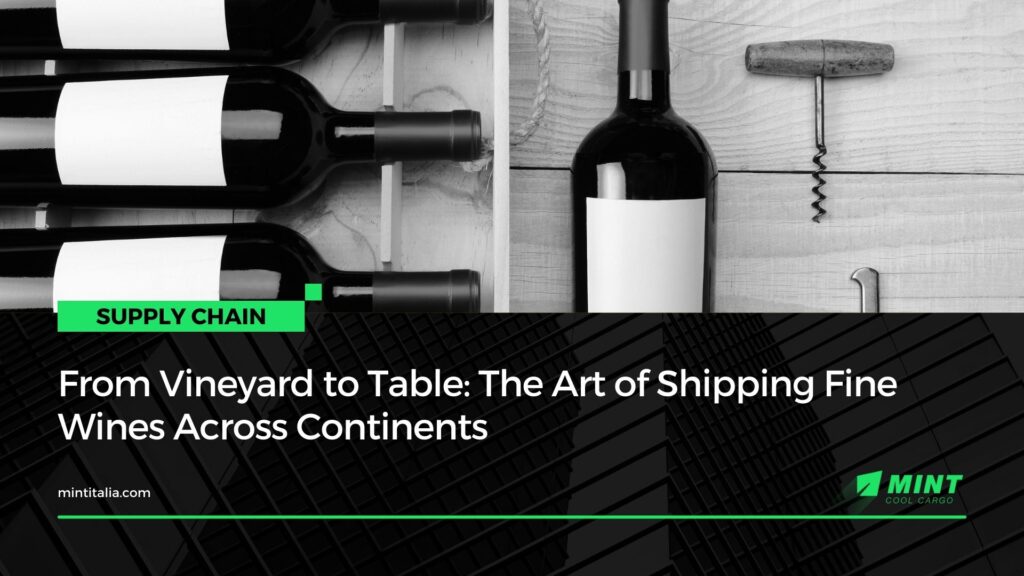Maritime transportation has traditionally been a sector with a high environmental impact, with ships burning heavy, high-sulfur fuels and producing significant CO2 emissions. These emissions have direct consequences on the marine environment and contribute significantly to global warming.
An important tool introduced to address the challenge of emissions is the EU ETS (European Union Emission Trading System), an emissions trading system aimed at reducing greenhouse gas emissions allowed for certain industries, including maritime transportation, through the allocation of emission allowances and the trading of carbon credits.
This initiative not only provides a financial incentive to reduce CO2 emissions but also promotes technological innovation in the maritime sector. Shipping companies are encouraged to invest in cleaner technologies, such as fuel-efficient engines or alternative energies like liquefied natural gas (LNG) or solar power. Furthermore, it promotes research and development of more efficient and eco-friendly management practices.
However, despite the progress made, sustainability in maritime transportation remains a goal in development. One of the main challenges is the need to reduce sulfur emissions, which are particularly harmful to the marine environment and human health.
Many countries and international organizations are introducing stricter regulations to limit the sulfur content in fuels used by ships, such as the IMO 2020 regulation, which imposes a maximum limit of 0.5% sulfur in marine fuels.
Additionally, noise pollution produced by ships poses another significant challenge to the sustainability of maritime transportation. This type of pollution can have harmful effects on marine ecosystems and marine life, including marine mammals that rely on sound communication for survival. Some measures to address this issue include reducing ship speeds in sensitive areas and installing noise reduction devices on vessels.
The maritime transportation sector is still in a transition phase towards a more sustainable future. While the EU ETS and other regulatory instruments play an important role in driving this change, continuous commitment from all stakeholders is necessary to address environmental challenges and promote more sustainable practices in the sector.
#GlobalLogistics #SeaFreight #Sustainability #Cargo #FreightForwarder #SupplyChain #MaritimeLogistics







